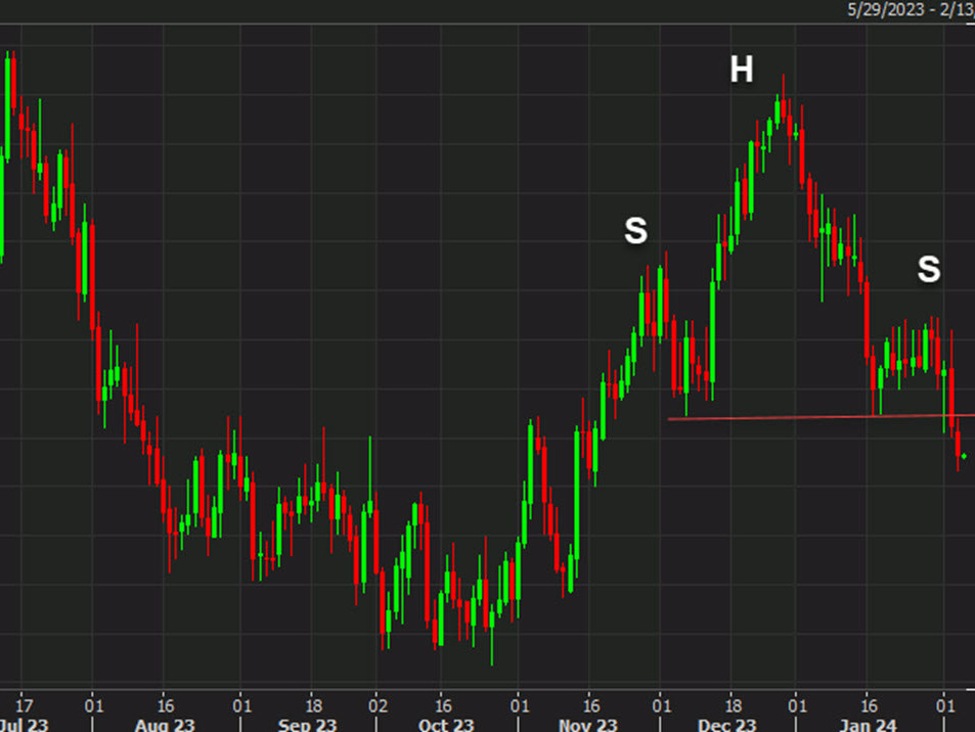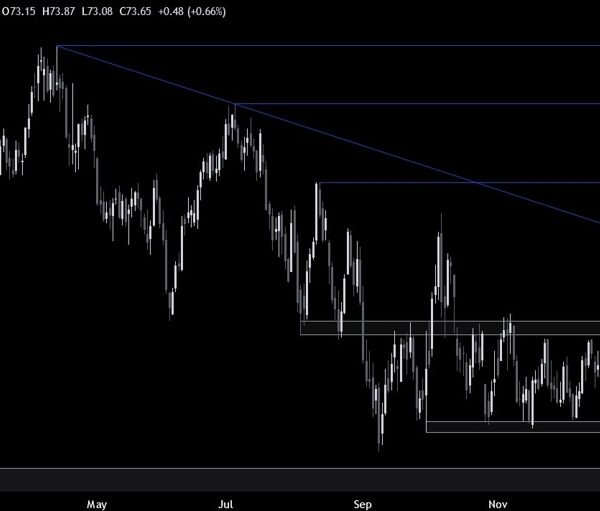The Reserve Bank of New Zealand (RBNZ) said on Monday that its sharp tightening cycle from 2021 to 2023 helped curb inflation, though a review concluded that earlier or more forceful action could have brought price pressures under control sooner.
Full text is here:
In summary:
The central bank raised the cash rate from 0.25% in October 2021 to 5.5% by May 2023 as inflation peaked at 7.3% in the third quarter of 2022. The aggressive hikes are now seen as a key factor behind current economic weakness.
Chief economist Paul Conway acknowledged that, with hindsight, faster or larger increases might have reduced inflation earlier but said such moves would have been difficult given the data and the bank’s then-dual mandate, which also prioritised employment. That mandate was shifted back to single inflation targeting in 2023.
The review found the Monetary Policy Committee’s actions helped anchor long-term inflation expectations near the 2% midpoint and returned inflation toward the 1–3% target band. It also highlighted improvements in forecasting accuracy as COVID-era disruptions eased.
Conway said the bank has implemented most of the 2022 review’s recommendations, building new tools to estimate neutral interest rates, expanding high-frequency data use, and deepening its understanding of supply shocks and structural inflation drivers.
—
As an aside, you don’t have to look too far to find a bucketload of hindsight commentary saying the RBNZ tightened too much. As a further aside, central banks do tend to move too late, too slowly, then too much, and for too long. Stick around long enough and you’ll see this time and again. Something for the pundits to get cross about.















